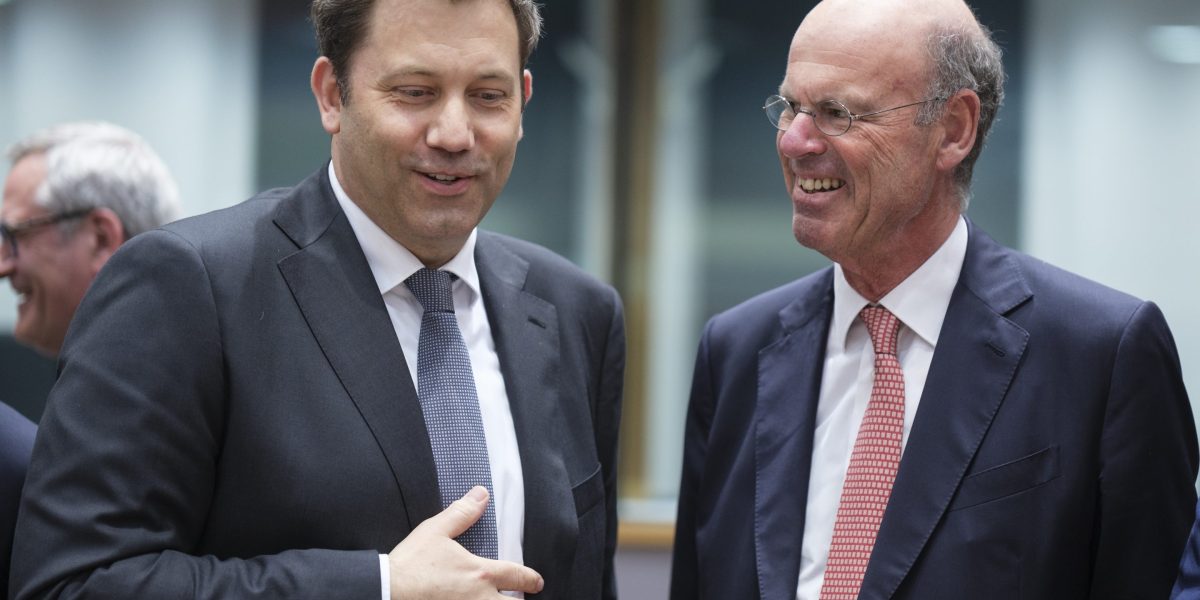The World Economic Forum, back in 2020, predicted that over half of the workforce would be remote in the coming years. And they weren’t wrong. Today, 12.7% of full-time employees are working from home, with 28.2% embracing a hybrid model. By 2025, Upwork predicts nearly 32.6 million Americans will be on remote work.
With the advent of advanced cloud-based tools like QuickBooks Online, Xero and FreshBooks, fully remote accounting teams have become more and more frequent. The shift was in part due to the pandemic, but professionals also reevaluated their work preferences and the balance between personal and professional life. So much so that firms are making remote conditions part of their talent recruiting strategy.
So, what’s the problem? There are not enough accountants in the U.S. to fill all the positions, so firms are going abroad. Firms, especially those seeking cost-effective talent, are hiring from regions like India, the Philippines and more recently, South America with the hope of leveraging the potential of skilled accountants in new markets.
Redefining management in the era of remote teams
Conventional management concepts were based on the standard in-office, 9-to-5 setup. However, international remote working has reshaped this foundation. Here’s a look at some new dynamics:
Multiple time zones: Tracking work hours is not enough anymore. With teams spread globally, ensuring overlapping work hours becomes crucial.
Staggered communication: Team members might not always be active simultaneously, potentially causing communication lags unless strategies adapt to this non-simultaneous nature.
Diverse work rhythms: From early birds to night owls, everyone’s at their productive best at different times.
Cultural nuances: Every country has its own work culture, from breaks to focus time. And when it comes to accounting, you need to add different approaches to financial ethics, transparency and reporting standards.
The key might be in digital collaboration
There is this misconception that professionals who prefer remote work prefer working alone. This might be true up to some point, but the rise of hybrid schedules over fully remote is showing that workers don’t actually want to work alone. Employees need collaboration to get the job done and to protect their mental health.
Isolated work has its moments, but if it becomes the norm, especially in our remote-centric world, it risks leaving employees feeling lost and out of the loop.
Break down silos with collaboration tools
Digital platforms are game-changers. These tools allow teams to work asynchronously, ensuring that everyone has a voice, regardless of their location. This interconnectedness can be pivotal in fostering a truly collaborative environment where ideas flow freely.
Keep teams in sync with clear roadmaps
Ever wondered why the agile methodology was such a hit for IT teams? Visibility. When everyone on the team has access to the same roadmap, they can contribute more effectively. They know the goals, they’re part of the planning process, and they can see the progress in real time. Digital collaboration platforms ensure that everyone stays on the same page, maximizing productivity.
Track time zones to respect work-life balance
In an international setup, it’s easy to forget that when it’s your daytime, it might be someone else’s midnight. Digital tools can help keep track of team members’ local times, ensuring you’re not calling someone during their off-hours. Establish clear working hours for every team member and respect them to promote a healthier work-life balance for all involved.
Optimize meetings for productivity
Yes, not all meetings should be emails, but not all meetings should be meetings either! Virtual teams need interaction, but it’s essential to make every meeting count. Here’s how:
- Clear agenda: Define the purpose, share a bullet list or detailed breakdown before the meeting.
- Limit topics: Focus on two to three main subjects for in-depth discussions without overwhelming participants.
- Document insights: Designate someone to note key points. It’s about capturing insights, not just minutes.
Crafting a global workforce culture
Diverse accounting teams, composed of talents from various countries, offer more than just number-crunching skills. They bring fresh insights into different accounting standards from around the world. This diversity can be a game-changer for firms. Not only does it enhance understanding and adaptability to global financial practices, but it also opens doors to attracting clients internationally. In a digital age, it’s not just about being interconnected, but also about leveraging the richness of global expertise.
Credit: Source link











